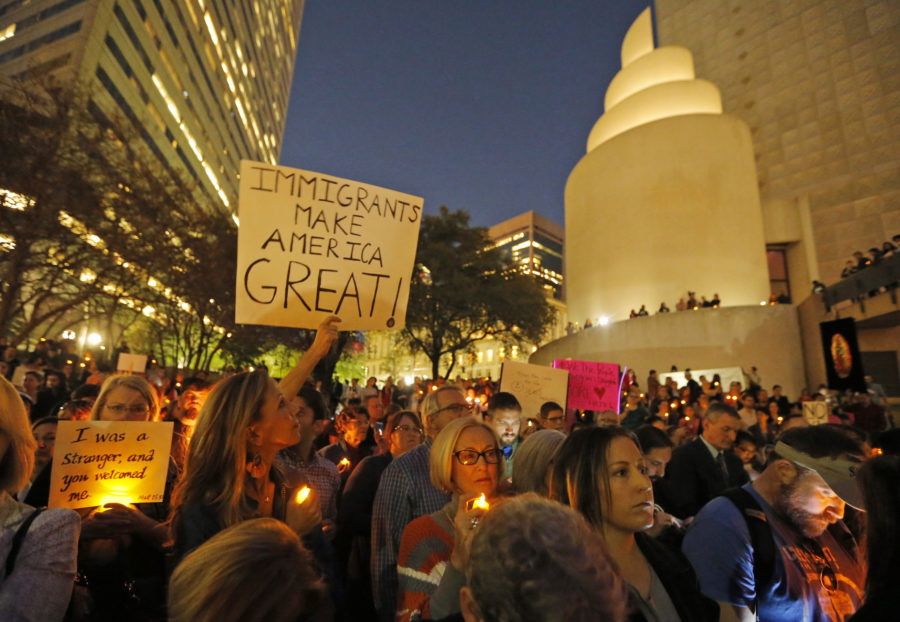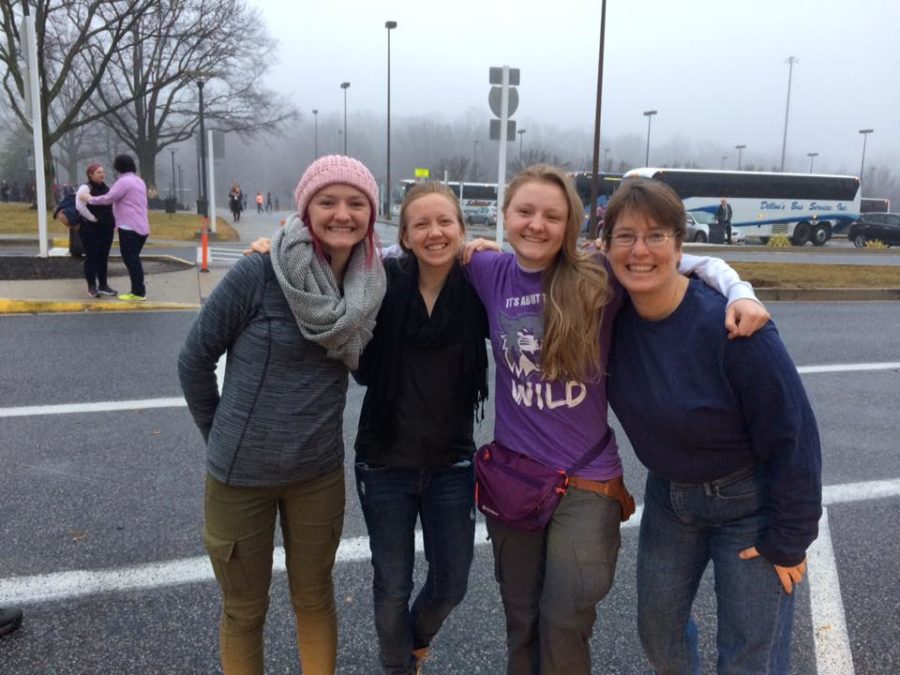[media-credit name=”Aimee Smith” align=”alignright” width=”200″] [/media-credit]Many women throughout history have inspired, fought for and blazed trails for others. These women have been writers, professionals, artists, advocates, mothers and voices for those who couldn’t be heard.
[/media-credit]Many women throughout history have inspired, fought for and blazed trails for others. These women have been writers, professionals, artists, advocates, mothers and voices for those who couldn’t be heard.
March is Women’s History Month, and the Weber State University women’s studies department members have answered the question: what woman inspires you?
WSU diversity center coordinator and women’s studies professor Adrienne Gillespie said that Sojourner Truth is one woman who has affected her life. Truth, a slave-turned-abolitionist in the 1800s, fought for the rights of women and African Americans.
“I have always been very mindful of the people that I encounter in my journey,” Gillespie said. “For me, the woman who has probably made the most significant mark outside of my family is Sojourner Truth.”
Gillespie said that she believes that Truth set herself apart by being a multi-dimensional woman and showing that she was more than meets the eye.
“When I think about her because of her famous speech ‘Ain’t I a Woman?’ and having to help people understand that I have multiple identities,” Gillespie said. “I am a female, I am a black woman, I am a daughter, a sister, a friend, an advocate, a crafter; all of these things are the parts that make up me and helping people understand that it’s very hard for you to box me in, I won’t stay in your box for very long — that’s the kind of woman that she was. Every time you thought you knew who she was, you realized there was more to the picture.”
Vel S. Casler, sales and service technology chair and one of the men involved with the women’s studies department, said that his freshman English professor Edith Borden at Wutherford Junior College in Texas made an impact on him.
“She was phenomenal,” Casler said. “She taught me the proper use of grammatical sentence structure and the grammatical use of the English language. A lot of people were not using it correctly. They still are not. What I learned from her has been able to help me throughout my career. She made a very positive impression on me. I never forgot her.”
Kathy Herndon, an English professor, chose author Simin Deneshvar, who was the first Iranian woman to be published. Along with being published in 1969, Deneshvar was also a professor of art history.
“Apart from my mother and my husband’s mother, I was trying to think of someone that really inspired me that wasn’t quite as predictable as that,” Herndon said. “I’ve actually chosen an Iranian author and her name is Simin Daneshvar. I discovered her when I discovered her novel. I used to live in Iran and other parts of the Middle East, and I was very sad when I had to leave because I liked living there a lot. I read her novel, and it made me homesick. I didn’t realize that it still does. And I cried because the voice was so true and so raw.”
Women’s studies coordinator Maria Parrilla de Kokal and Spanish and women’s studies professor Alicia Giralt both chose Sor Juana Ines de la Cruz, a poet and nun who lived in the mid to late 1600s. Ines de La Cruz fought for women’s rights and pursued an education in a time when it was unheard of for women
“Sor Juana, to me, is a huge example,” Giralt said. “I admire her so much. She didn’t understand the way patriarchy worked. She thought that because she was a good writer and didn’t bother people that she was safe. In the end, she was beaten down. She just wanted to learn. She’s very important to me on a personal level because I love to study, and she loved to study. I am able to do it, I’m lucky, and she wasn’t.”
Ines de la Cruz is considered the first feminist voice in the Americas.
“I was thinking the amount of impact this intellectual had from a cloister is incredible to me,” Parrilla de Kokal said. “She is touted as the first feminist of the Americas. When you think about a feminist and the stereotypes we have nowadays, you would not think a cloistered nun in the 1600s would fit that. She thought that women should be ordained in the 1600s. She is just a really powerful kind of person.”
Parrilla de Kokal also said that her mother, Ana Parrilla, made an important impact on her life.
“My mom did not have the same opportunities that we did,” Parrilla de Kokal said, “but my mom was the one who taught me that education would be the key to freedom, and I have found that that is accurate in my life and what I do with students as well.”










